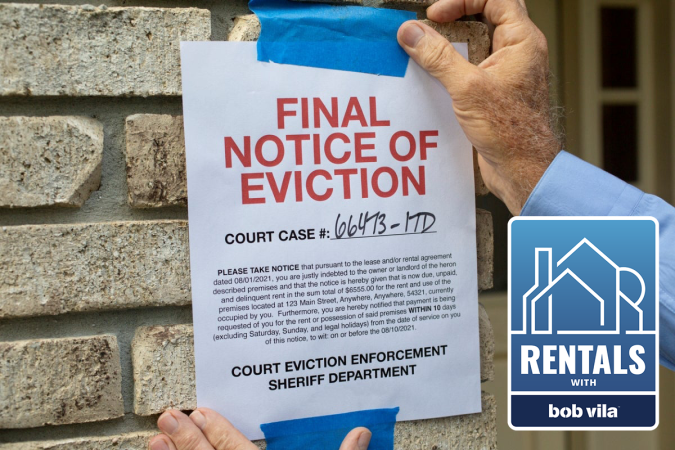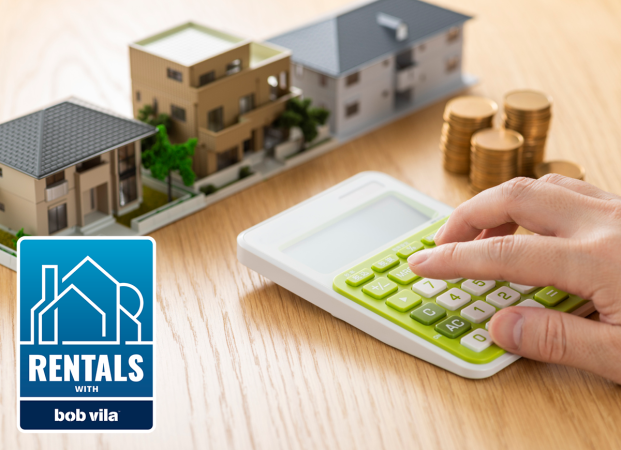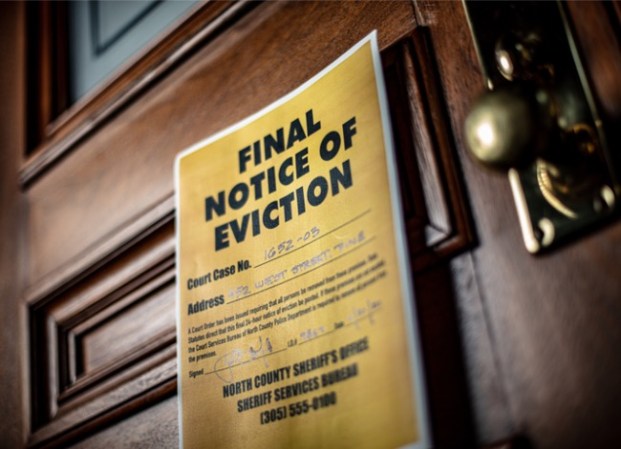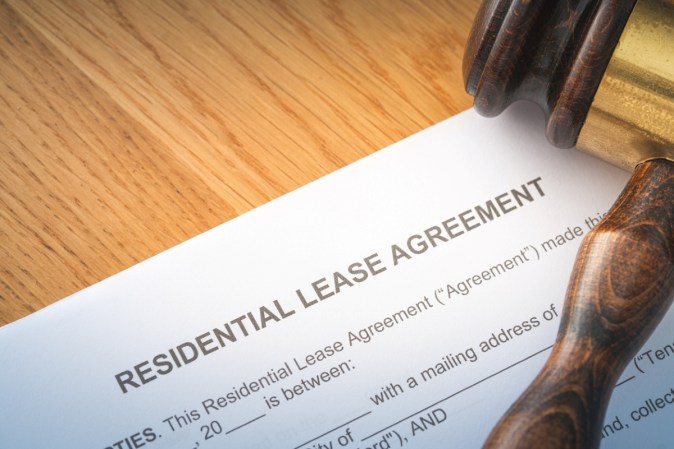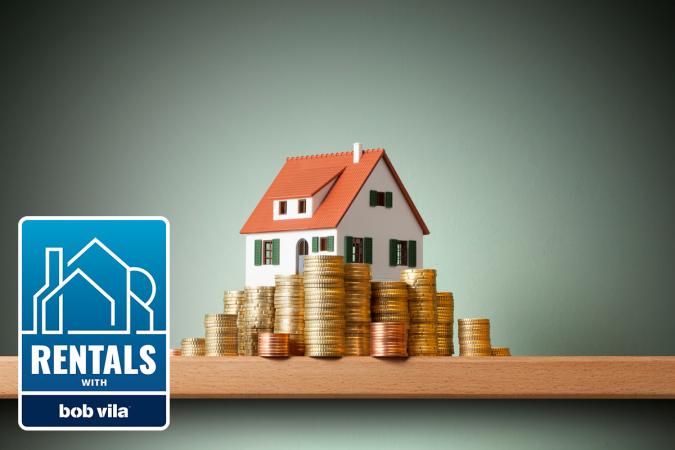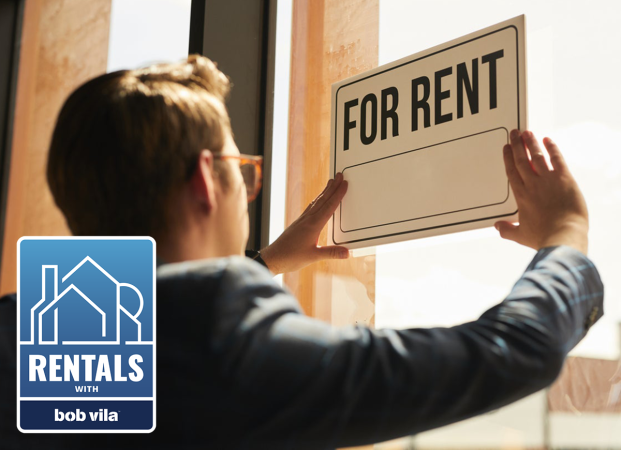We may earn revenue from the products available on this page and participate in affiliate programs. Learn More ›
Welcome to The State of Rentals with Bob Vila, a series dedicated to showing both landlords and tenants the crucial steps in finding the right property, potential challenges with renting, precautions to protect your interests, and ideas for making the most of your next move. We’ve included current market trends mixed with Bob’s tried-and-true advice, our vetted shopping guides, and the behind-the-scenes tips you need to make your rental a home.
Selling a home is stressful enough. Selling a rental property with existing tenants can be downright overwhelming. Coordinating showings with your renters, coaxing them to keep the home tidy for prospective buyers, and navigating landlord/tenant laws all add to the complexities of selling real estate. But while selling a property with existing tenants may be challenging, it’s not an uncommon practice. It’s possible your renters might even make selling your property easier. Avoid the pitfalls that come with selling a rental property that’s occupied and find out how good tenants can help you sell by following the tips below.
1. DO be up front with the buyer.

Be clear in your listing that the property you’re trying to sell is tenant-occupied and be open to sharing any details about the lease agreement, so the buyer is aware of the situation. This isn’t just about following responsible business practices. You may also lure investors who like the idea of having an existing tenant in the home.
RELATED: 12 Financial Pitfalls to Avoid As a New Landlord
2. DON’T leave your tenant in the dark.

Be respectful of your tenants and remember that what is an investment and rental property to you is home sweet home to them. With that in mind, let your tenants know as soon as possible what your plans are for the property, so they have time to make new living arrangements if needed. Keeping your tenants in the loop will make them more cooperative when it comes time to show the property.
3. DO make sure you make necessary repairs.

Just as with the sale of any home, the condition of the property can have a significant impact on how easy it is to sell and whether you get your asking price. Schedule a time with your tenant so you can get into the home to inspect it, then hire professionals to make any necessary repairs. If the tenants are messy, offer to hire a cleaning service to maintain the home while it’s up for sale. It’s an additional cost, but it’s worth it if it helps you sell the property.
RELATED: To Buy or Not to Buy: 9 Things to Consider Before You Choose a Rental Property
4. DON’T schedule last-minute showings.

Work with your tenant to come up with convenient times to show the home. This is especially important if they have pets or young children. You’ll also want to check local landlord-tenant laws to see how much notice you’re required to give before showing a rental property. In most cases, it’s at least 24 hours. Be considerate of your tenant and they’re more likely to pay you back by making sure the home is presentable for prospective buyers.
5. DO resolve any lease violations.
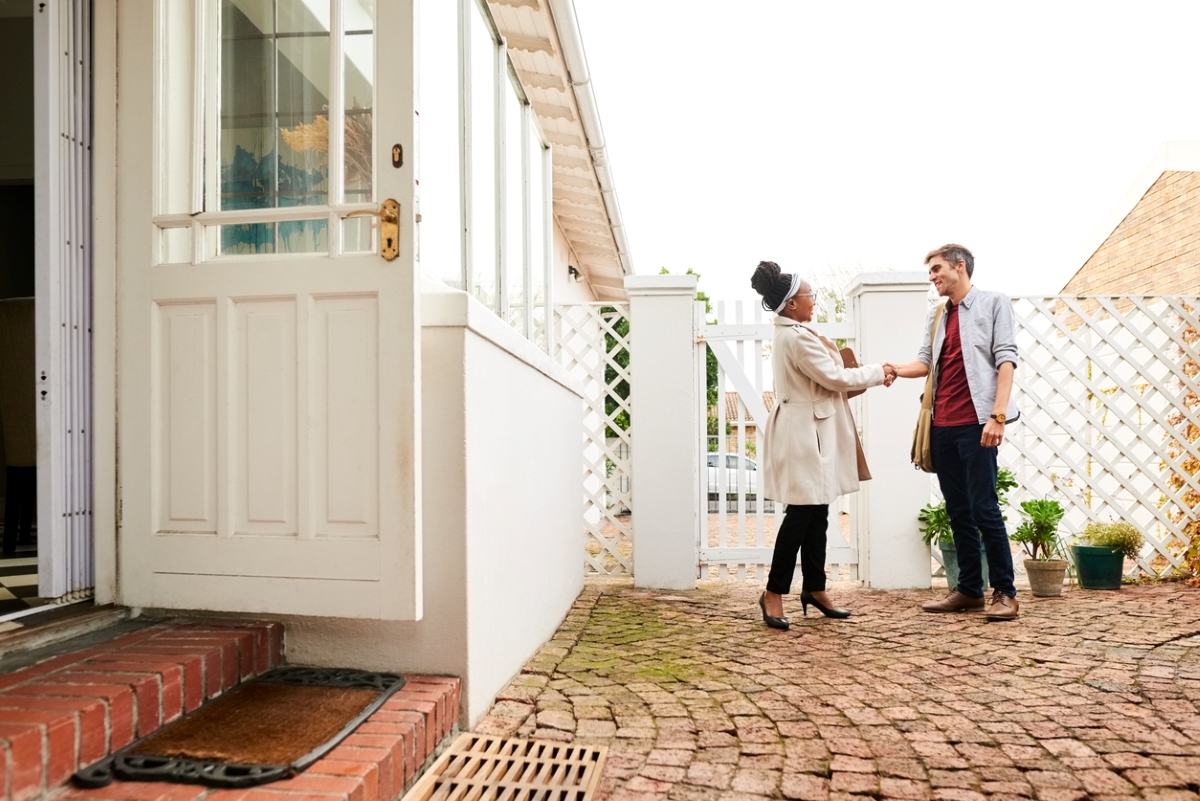
Overdue rent isn’t just a headache, it can completely derail the sale of your property. If your tenant is going to continue renting the property after it’s sold, make sure you resolve any lease violations before closing day to prevent unpaid rent from delaying the final sale of the property.
RELATED: Thinking About Buying a Duplex? Consider Both Sides
6. DON’T sell while it’s occupied (if possible).
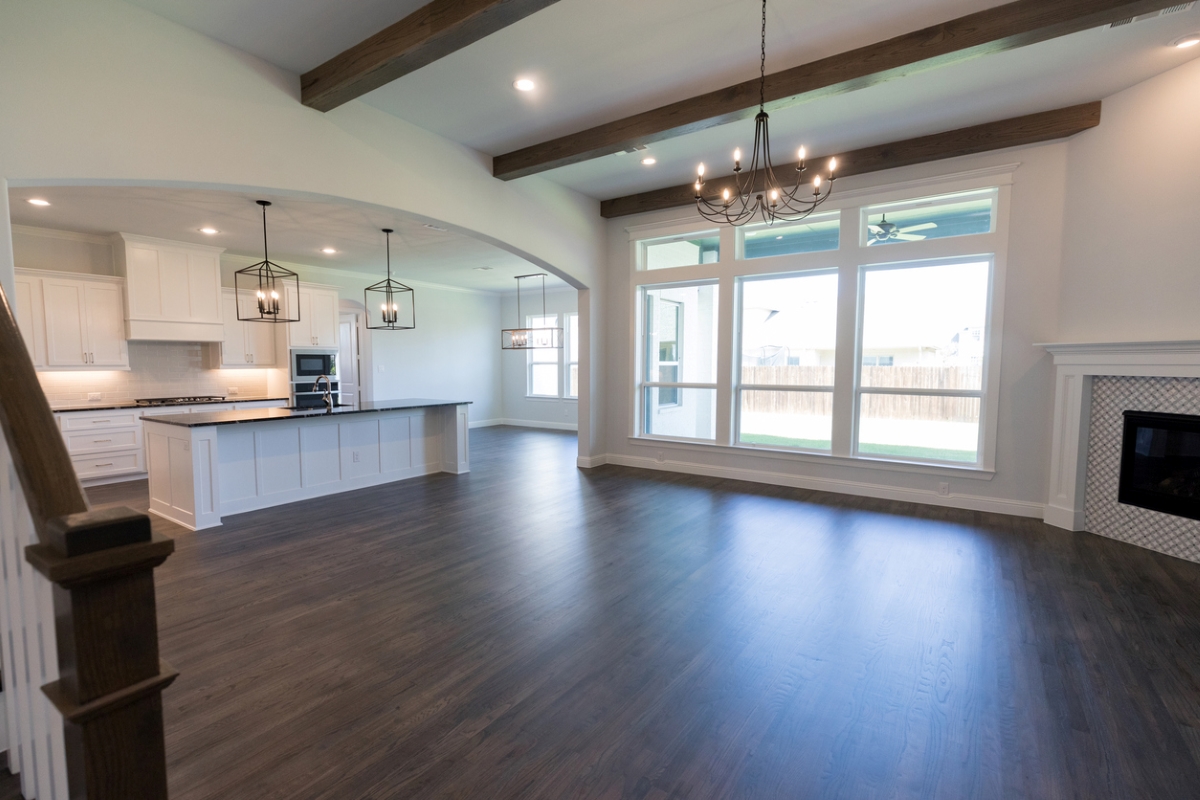
With all the eviction moratoriums that took place during the pandemic, many rental buyers are now nervous about purchasing a property with a bad tenant and potentially having to go through the eviction process. Many would rather purchase an empty property and vet the new tenant themselves. It’s also easier for you to make repairs, stage the property, and conduct showings when the property is empty.
RELATED: The Best Property Management Software
7. DO give tenants the required amount of notice.
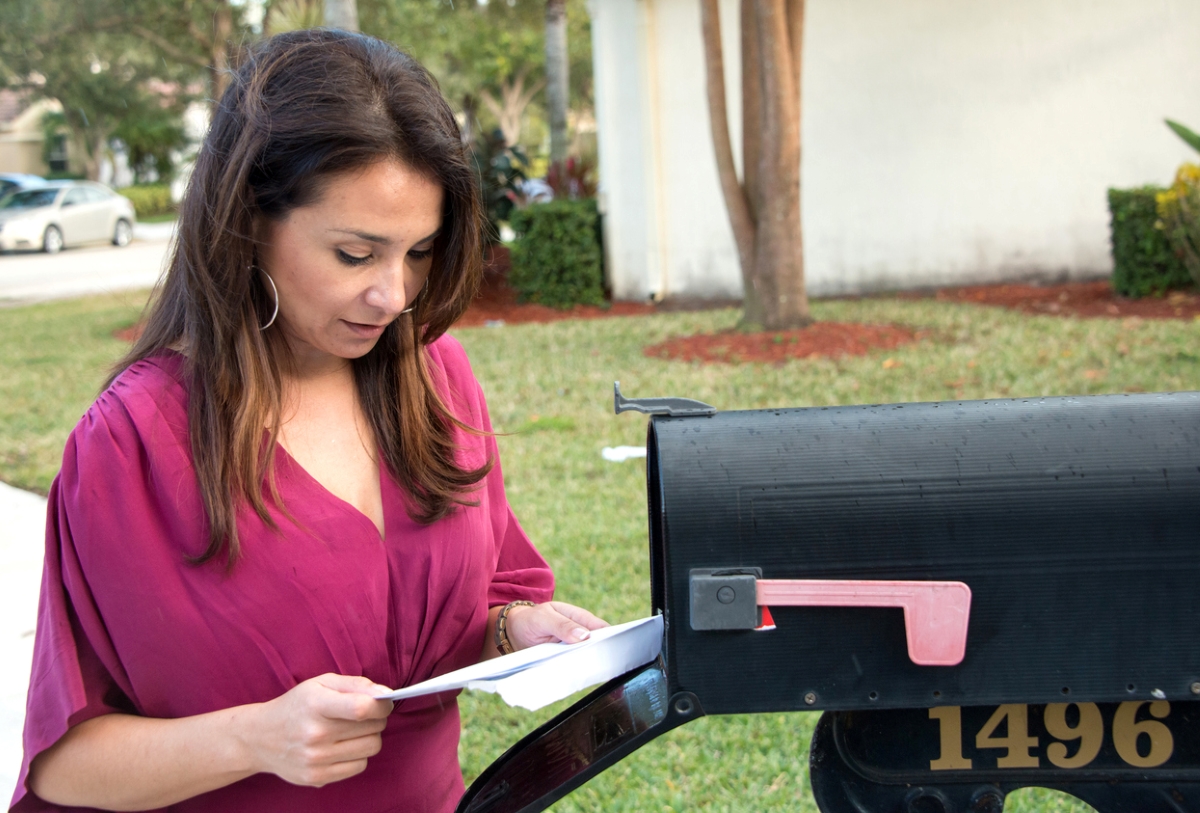
If your tenants are going month-to-month, you’ll still need to give them a certain amount of notice to vacate. Exactly how much varies depending on the state. Some states require landlords to give tenants at least 30 days notice while others may require more if the tenant has lived in the home for longer than a year. Check the laws carefully and make sure to give the necessary amount of notice, so your closing date isn’t delayed.
8. DON’T attempt to violate the lease agreement.

You can attempt to sweet talk your tenant into vacating the property prior to the end of their lease agreement. However, if they’re intent on staying until the lease is over, you’ll need to honor it. Even after you sell the home, the lease agreement will transfer to the new owner, who must honor its terms until it expires.
9. DO use good tenants to sell your home.

Many buyers are like you and are looking for an investment property they can rent out. A home with a tenant who consistently pays on time, takes good care of the property, and has lived at the home for a long time can make the property very attractive to prospective buyers. If your home is in a hot market for investors, use your good tenant as a selling point.
10. DON’T expect a tenant to increase the home’s value.

While a good tenant can make a property more attractive to investors, don’t expect it to increase the home’s value. Unless the property is classified as a multi-family housing, your rental will be appraised just like any single family home. You won’t get a better appraisal because of your tenant.
RELATED: How Much Does It Cost to Flip a House?
11. DO hire a real estate agent who specializes in investment properties.

Look for a real estate agent who’s savvy with selling investment properties to list your home. An agent who is well versed in selling rental property is more likely to know potential investors who may want to buy your property and also better understand your property’s value. Most importantly, an experienced agent will know exactly what you should disclose about the property, so you can avoid any potential lawsuits post sale.
RELATED: 15 of the Cheapest Places to Buy a House in the U.S.
12. DON’T forget about capital gains taxes.

One of the great benefits of selling a primary residence is the fact that you don’t have to pay any taxes on profits up to $250,000 if you’re single or $500,000 if you’re married. Such is not the case when you sell rental property. Depending on your tax bracket, you could owe as little as nothing or as much as 37 percent of the profits on the sale.
13. DO check the deeds on your duplex.
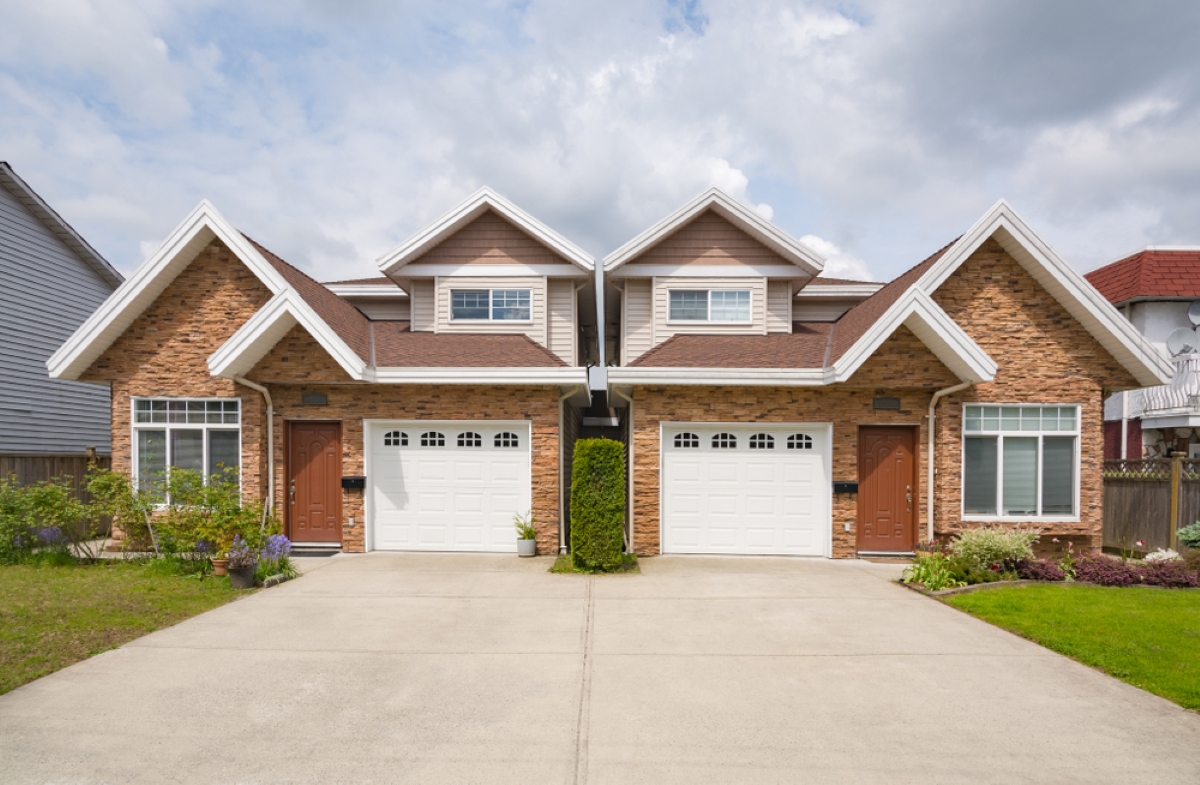
If you’re living in one half of a duplex and renting out the other, you may be able to sell one side of the property. Check your property’s records. If there are two deeds, you can sell each side independently of the other. Even if there’s only one deed, you can attempt to split the title by rezoning.
RELATED: 5 Reasons Not to Own a House in Your Name
14. DO give the tenants a chance to buy the home.

If the tenants really love living in the home, they may be interested in buying it, eliminating the need to deal with stagings, showings, and listings. You can even work out a lease-to-own deal or a seller-finance deal. The buying tenant will also pay less in purchasing costs, so they may even be willing to pay more for the home.
RELATED: The Best Investment Property Loans



